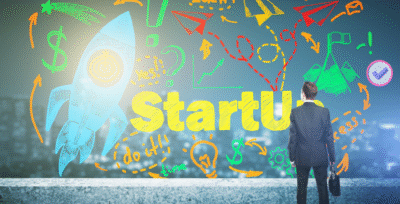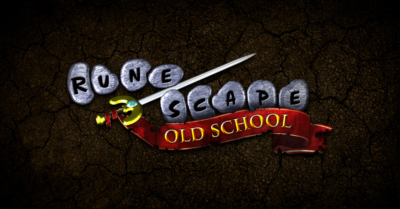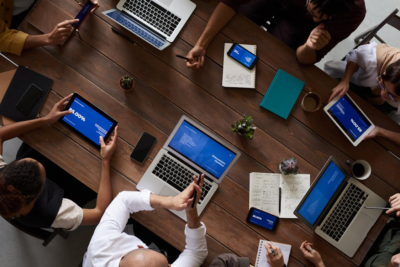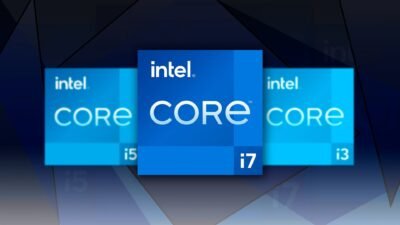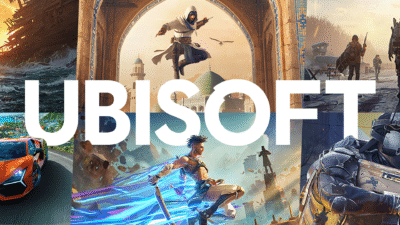How AI is Transforming the Future of HR

Artificial Intelligence
As artificial intelligence (AI) continues to evolve and become more sophisticated, it is changing the way businesses operate across all industries. One area where AI is making a particularly significant impact is human resources (HR).
In this blog post, we will explore how AI is transforming the future of HR. We will also discuss some of the benefits businesses can expect to experience as a result.
What Is Artificial Intelligence (AI)?
Before we dive into how AI is changing HR, let’s first take a step back and define what artificial intelligence is. At its simplest, artificial intelligence can be defined as a computer system that can perform tasks that would typically require human intelligence, such as understanding natural language and recognizing patterns.
There are different types of AI systems the workplace can utilize. However some of the most common include machine learning (ML) and natural language processing (NLP).
What is Machine Learning AI?
Machine learning AI is a type of artificial intelligence that enables computers to learn from data and improve their performance over time. Machine learning is often used for predictive analytics, which is a process of using historical data to make predictions about future events.
What is Natural Language Processing AI?
Natural language processing (NLP) AI is another type of artificial intelligence that helps computers to understand human language and respond in a way that is natural to humans. NLP can be used for tasks such as automatic summarization, sentiment analysis, and topic classification.
How Is AI Transforming HR?
Now that we have a basic understanding of what artificial intelligence is, let’s explore how it is changing the field of HR.
One of the ways AI is transforming HR is by automating repetitive tasks. For example, many businesses now use AI-powered chatbots to field initial questions from job candidates. This frees up HR professionals to focus on more complex tasks, such as identifying the best candidates for open positions.
According to Chris Gadek, Head of Growth at AdQuick, “Another way AI is changing HR is by providing employees with personalized feedback and coaching.” Thanks to machine learning, businesses can now use data collected about an employee’s performance. This data can provide them with targeted feedback that can help them improve.
Types of AI in HR.
As we mentioned earlier, there are different types of AI that businesses can use in HR. Some of the most popular include:
- Applicant Tracking Systems (ATS): These systems use artificial intelligence and machine learning to help businesses manage job postings, applications, and resumes.
- Employee Self-Service Portals: These portals use NLP to provide employees with 24/seven access to answers to commonly asked questions about benefits, payroll, and company policy.
- Learning Management Systems (LMS): These systems use AI to recommend courses and training materials to employees based on their needs and interests.
What Are the Benefits of Using AI in HR?
There are many benefits of using artificial intelligence in HR. Perhaps the most significant benefit is that it can help businesses save time and money. For example, automating repetitive tasks like screening job candidates can free up a significant amount of time for HR professionals.
In addition, using AI for tasks like performance reviews can help to improve the accuracy and fairness of these reviews. This is because AI systems can remove personal biases from the equation.
Are There Any Potential Risks Associated With Using AI in HR?
Artificial intelligence is already having a significant impact on the field of HR. However, it’s also worth considering how AI will impact the future of work as a whole. While there are many benefits of using artificial intelligence in HR, there are also some potential risks to consider. “One of the biggest risks is that AI systems could be used to make biased decisions,” cautions Omid Semino, CEO and Founder of Diamond Mansion.
For example, if a machine learning system is trained on data that is biased, it will likely produce biased results. This is why businesses need to be aware of the potential biases associated with their data when using AI-powered systems.
Another potential risk is that AI could lead to mass automation within the HR field. This could result in job losses for HR professionals who are replaced by AI systems. However, it’s worth noting that this risk is not unique to HR. Any business that uses artificial intelligence to automate tasks is at risk of job losses.
What Steps Should Businesses Take To Prepare for the Arrival of AI?
Artificial intelligence is already changing the field of HR. However, it’s still in its early stages and businesses have time to prepare for its arrival. “The best way to prepare for the impact of artificial intelligence is to educate yourself about the technology,” says Stefan Sharkansky, President of Personal Fund.
This will help you to understand how it can be used in HR. As well as how it might impact your business in the future. In addition, it’s important to keep an eye on the latest developments in artificial intelligence. This will help you to stay ahead of the curve and ensure that you are using AI in a way that benefits your business.
Finally, don’t forget to consider how artificial intelligence will impact your employees. As artificial intelligence becomes more prevalent in HR, employees will need to adapt to the change. Make sure you provide them with the support they need to do so.
In Summary: The Future for Artificial Intelligence.
The future of artificial intelligence in HR is looking very bright. As technology continues to evolve, it will become even more sophisticated and powerful. This will allow businesses to reap even more benefits from using AI in HR.
Only time will tell what the future holds for artificial intelligence. However, one thing is for sure: artificial intelligence is going to change the way we work. Businesses that embrace this change will be the ones that succeed in the future. “By automating repetitive tasks and providing employees with personalized feedback, AI is making the field more efficient and effective,” states Matt Miller, Founder, and CEO of Embroker. “While there are some risks to consider, the benefits of using AI in HR outweigh the potential drawbacks.” Businesses that embrace artificial intelligence will be well-positioned to succeed in the years to come.
Alexia is the author at Research Snipers covering all technology news including Google, Apple, Android, Xiaomi, Huawei, Samsung News, and More.
